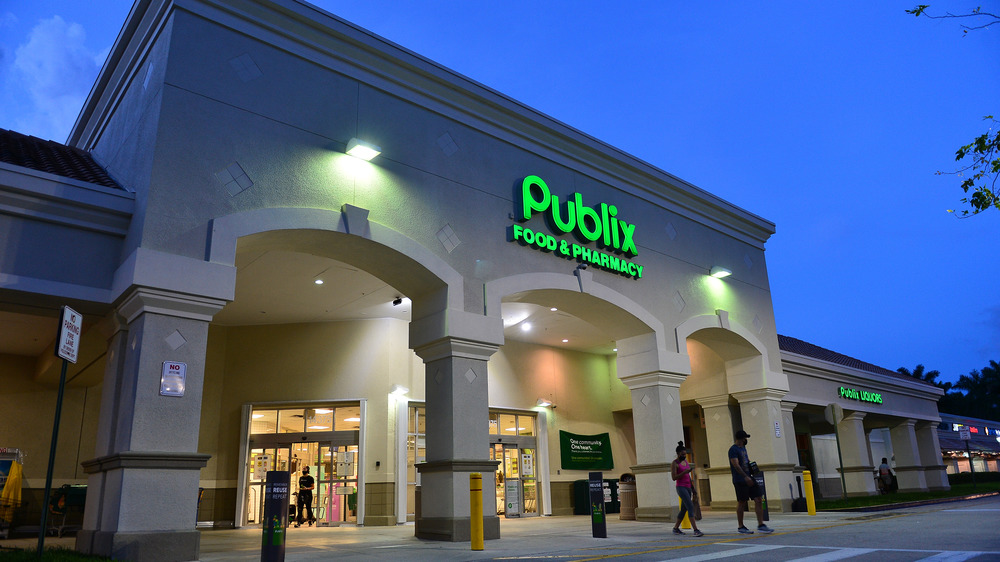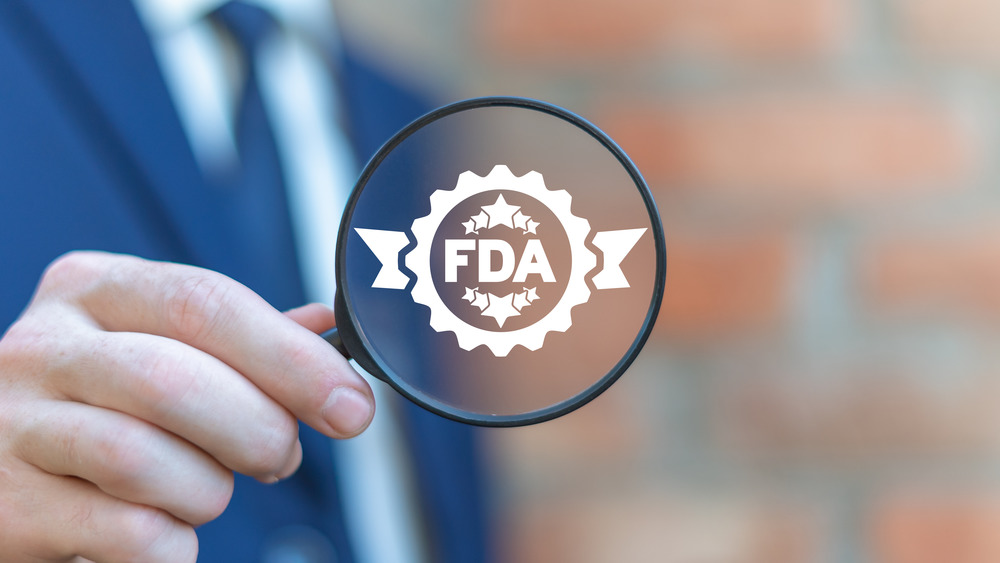Read This If You Just Bought Squash From Publix
On January 14, Publix announced a recall for three of its Publix Steam In Bag products sold between January 3 and the 14th: the green bean butternut squash mix, the butternut squash medley, and the butternut, Brussels, and pecan mix. This was due to a possible listeria contamination of the butternut squash.
Listeria, as the CDC explains on their website, can cause a bacterial infection that affects roughly 1,600 people annually, about 260 of which die. People most at risk are those who are pregnant, newborns, the elderly, and those with weakened immune systems. However, it can infect anyone. It is most commonly contracted by eating contaminated foodstuffs.
"As part of our commitment to food safety, potentially impacted product has been removed from all store shelves," Maria Brous, Publix communications director, stated in Publix's announcement. "To date, there have been no reported cases of illness." Customers who bought an infected butternut squash can return it for a full refund.
The FDA related Publix's concern on January 21, two days after doing the same with Lancaster Foods and Pero Family Farms Company, the latter of which Publix also named as their butternut squash provider.
What the Publix Steam In Bag voluntary recall means
If a voluntary recall for a potentially lethal chunk of squash sounds worrisome, don't panic. The voluntary recall means that despite the cuts to the FDA's budget, the systems around our food health are still functioning more or less as they should.
First, it should be noted that a voluntary recall, as the FDA's definition lays out, is not voluntary. While they frame the recall as "a voluntary action that takes place because manufacturers and distributors carry out their responsibility to protect the public health and well-being from products that present a risk of injury or gross deception or are otherwise defective," any such products would violate FDA law, making the voluntary part more like the decision between jumping and being pushed.
Since companies must act, it is in their best interest to do so. This is why we see so many listeria recalls. "You want things recalled before anybody dies. You want things recalled, ideally, before anybody's sick," Jaydee Hanson, policy director at the Center for Food Safety, explained to a Time writer who was questioning why food recalls have risen over the last decade. "If companies think that the FDA and the USDA are looking over their shoulder, they're going to do a better job."
So, if you bought chopped and bagged butternut squash, check with the lists provided by the FDA, but feel some sense of safety as well. The fact the contamination was seen and reported means responsibility is being taken.

